Pakistan has one of the most advanced networks of roads in the world, thanks to all the recently constructed motorways, intercity travelling in Pakistan has become more convenient, enjoyable and safer than ever. Not only these highways connect cities but they also make tourist attractions across the country conveniently accessible. All of these road links are a part of Pakistan’s “National Trade Corridor Project” and “China-Pakistan Belt Road Initiative,” linking all the important trade routes in the country, starting from Khunjerab Pass near Chinese Border to Gwadar in Balochistan. In this blog, we’ll find out more about the ever-expanding network of motorways in Pakistan and how it effectively links the entire country.
LIST OF MOTORWAYS IN PAKISTAN
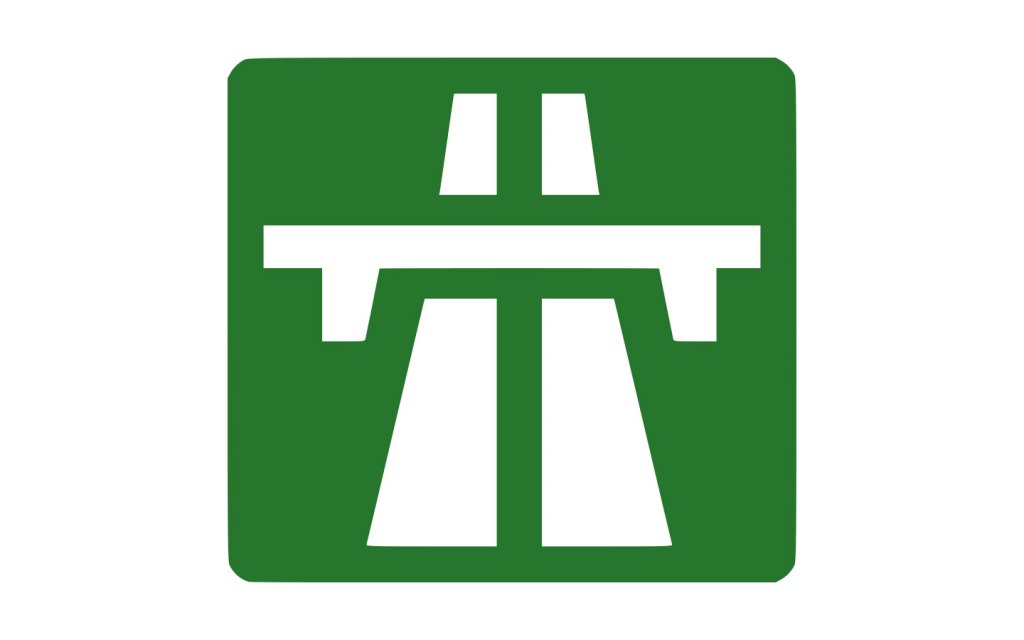
The whole network of elevated intercity expressways in Pakistan with control exit and entry points is directly managed by the National Highway Authority (NHA) and is based on the following roads.
| Name | Route | Length (KM) | Status |
| M-1 | Peshawar-Islamabad | 155 | Operational |
| M-2 | Lahore-Islamabad | 367 | Operational |
| M-3 | Lahore-Abdul Hakeem | 230 | Operational |
| M-4 | Pindi Bhattian-Multan | 309 | Operational |
| M-5 | Multan-Sukkur | 392 | Operational |
| M-6 | Sukkur Hyderabad | 296 | Planned |
| M-7 | Dadu-Hub | 270 | Planned |
| M-8 | Ratodero-Gwadar | 892 | Partially Operational |
| M-9 | Hyderabad-Karachi | 136 | Operational |
| M-10 | Karachi Northern Bypass | 57 | Operational |
| M-11 | Kharian-Lahore | 150 | Under Construction |
| M-14 | Hakla-D.I. Khan | 280 | Under Construction |
| Hazara Motorway | Hasan Abdal-Thakot | 180 | Partially Operational |
The table above shows the complete list of all the motorway routes in Pakistan, as of November 2019. It includes the planned, under-construction and completed projects.
OPERATIONAL MOTORWAYS IN PAKISTAN
First of all, let’s discuss the expressways in Pakistan that are fully operational.
M-1 PESHAWAR-ISLAMABAD MOTORWAY
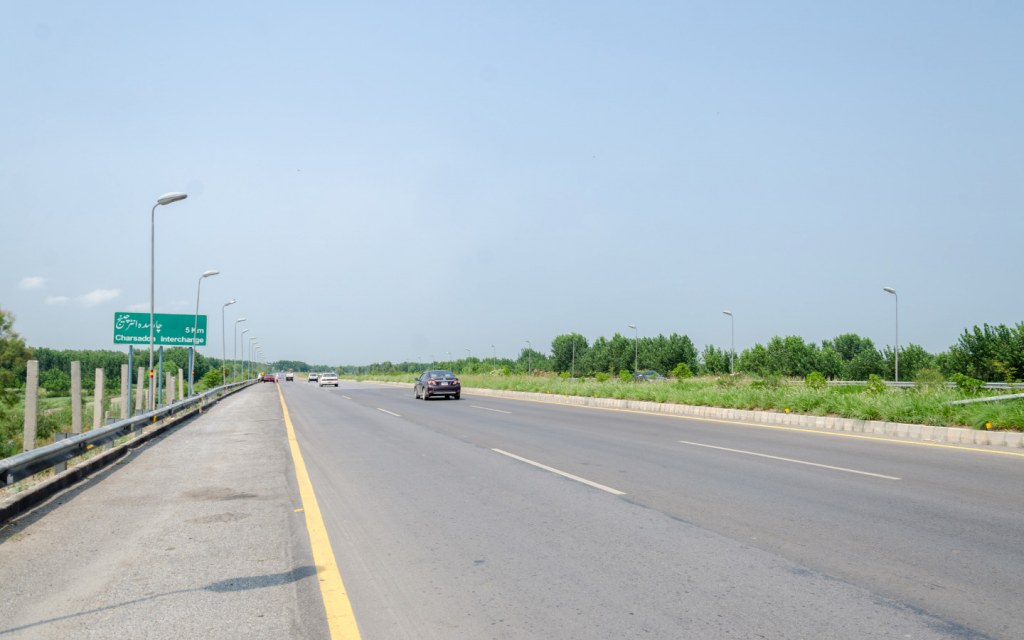
Starting from the Peshawar Ring Road, northeast of Peshawar, M1 Peshawar-Islamabad Motorway is a 155-kilometre long stretch with 14 interchanges at various points including Peshawar Ring Road, The Peshawar Northern Bypass, Charsadda, Rashakai, Sawabi, Chachh, Ghazi, Hazara Expressway (E-35), Burhan (Hassanabdal/Kamra), Burma Bhatar, AWT/Sanjiani/Paswal and Airport Link Road, Islamabad. The M-1 Peshawar-Islamabad motorway crosses over the Kabul, Haro and Indus rivers with the help of three major bridges. Along with these interchanges and crossover bridges, the motorway features 27 small bridges, 137 underpasses, 18 flyovers and 571 culverts.
M2 LAHORE-ISLAMABAD MOTORWAY
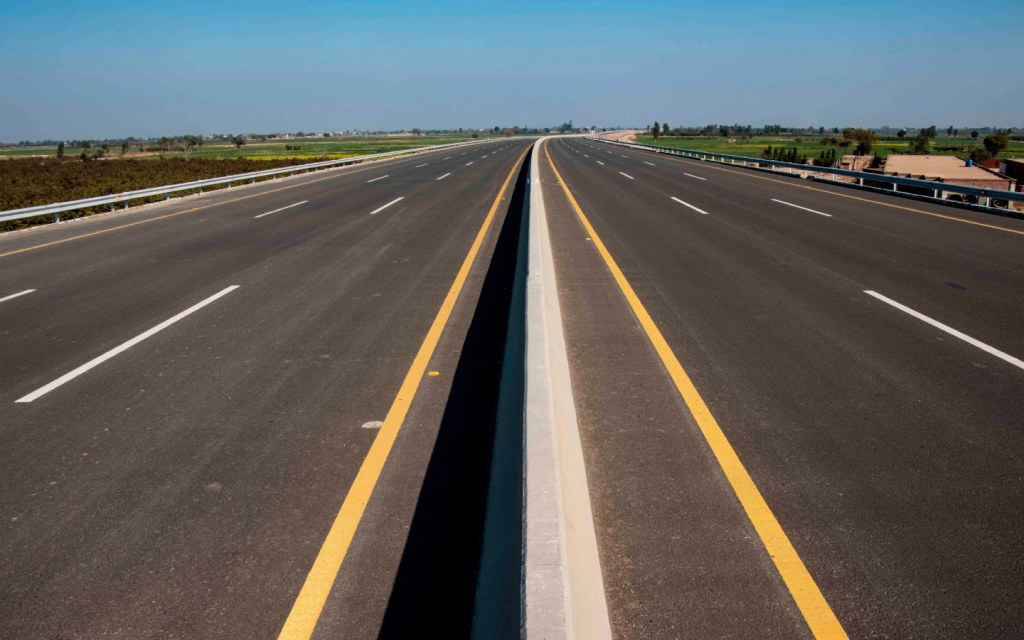
Running 375 kilometres through the forested greenery of Punjab, the M2 Islamabad-Lahore Motorway was the first-ever motorway constructed in South Asia, back in 1997. It is a 6-lane road with 22 interchanges at various points such as M2-M1 Junction, Islamabad, Thalian Interchange, Chakri Interchange, Neelah Dullah Interchange M2, Balkasar Interchange, Kallar Kahar Interchange, Lilla Interchange, Bhera Interchange, Saalam Interchange, Kot Momin Interchange, Makhdoom Interchange, Pindi Bhattian Interchange, M-4 Pindi Bhattian-Multan, Sukheki Interchange, Khanqah Dogran Interchange, Hiran Minar Interchange, Sheikhupura Interchange, Kala Shah Kaku Interchange, Kot Abdul Malik Interchange, Faizpur Interchange, M-3 Lahore-Abdul Hakeem Motorway, Babu Sabu Interchange and M2 Zero Point, Lahore.
Fuel Stations and service areas are available at five points on M-2 Lahore-Islamabad Motorway on each side of the road. These pit stops include Sukheki Service Area, Sial Services Area, Bhera Service Area, Kalar Kahar Service Area and Chakri Services Area. The average distance between each of these refuelling and service areas is 60-80 kilometres. Some of the most famous eateries in Pakistan also have their outlets at these pit stops on M2 Lahore-Islamabad Motorway.
M-3 LAHORE-ABDUL HAKEEM MOTORWAY
Covering a distance of 230 kilometres between the cities of Abdul Hakeem and Lahore, the M3 Motorway was launched in March 2019. It starts at the intersection of M2 Motorway in Lahore and goes all the way to the M4 Pindi Bhattian-Multan Motorway’s interchange in Abdul Hakeem. It is also a 6-lane motorway with three rest areas and four interchanges along the route including Shah Shams Tabrez Interchange, Vehari Road Interchange, Bahawalpur Road Interchange and Sher Shah Interchange.
M-4 PINDI BHATTIAN-MULTAN MOTORWAY
M-4 Pindi Bhattian-Multan Motorway is the 309 kilometres stretch of highway travels, based on 4 lanes on each side of the road for traffic flow. It is a road link between different cities of Punjab, for example, Rawalpindi, Faisalabad, Toba Tek Singh, Shorkot, Khanewal, Abdul Hakeem, and Multan. Like other popular motorway routes in Pakistan, M-4 expressway also features over a dozen interchanges along its route, interlinking some of the most important road links including M-2, M-3 and M-5 motorways.
M-5 MULTAN-SUKKUR MOTORWAY
The 392-kilometre long stretch of M-5 Multan-Sukkur Motorway is just a section of the proposed Karachi-Peshawar motorway, which is going to be 1,100 kilometres long. The M-5 expressway is considered one of the key projects of China Pakistan Economic Corridor since it considerably reduces the time it takes for goods to be transported from Karakorum Highway to Karachi and Gwadar. It is a 6-lane road with 11 interchanges connecting different cities of Punjab including Multan, Jalalpur Peerwala, Rahimyar Khan, Ahmed Pur East, Sadiqabad, Pano Aqil, Ubaro, and Sukkur.
M-9 KARACHI-HYDERABAD MOTORWAY
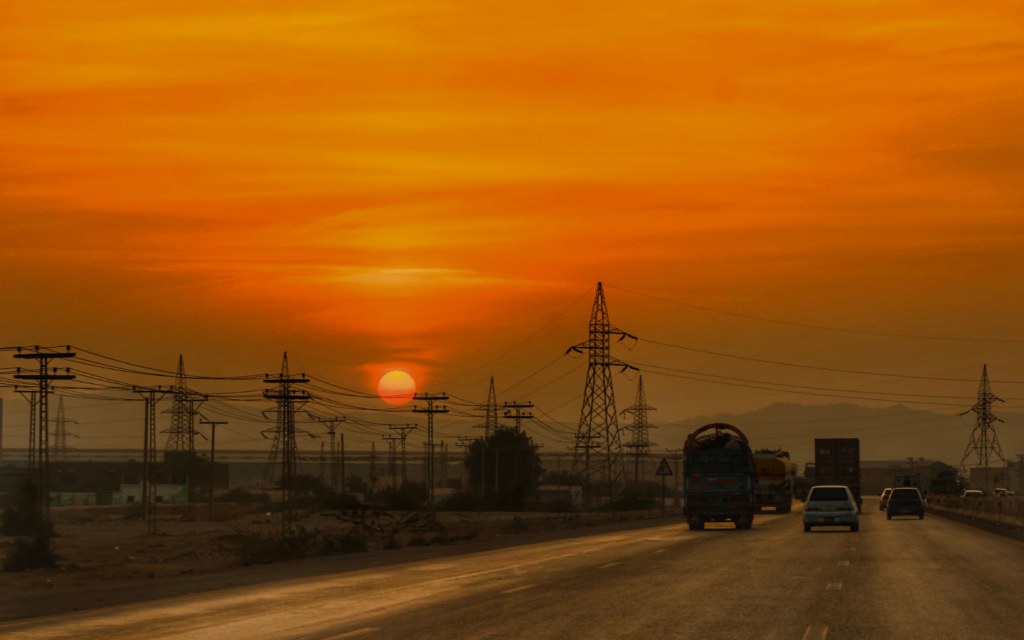
Serving as one of the most important road links in Pakistan by connecting Karachi with Hyderabad, the two major cities of Sindh, the M9 Hyderabad-Karachi Motorway has been constructed over the already existing Karachi-Hyderabad Super Highway. The upgradation of this road resulted in a 136 kilometres long 6-lane expressway with controlled exit and entry points at 8 interchanges that have been constructed along the course. Some of the key housing societies in the outskirts of Karachi including Bahria Town Karachi and DHA City are also found along the M-9 Motorway.
Boasting an ultramodern infrastructure, one of South Asia’s longest interchange on Motorway-9 has recently been opened for traffic. The interchange creates a direct road link from Bahria Town, Karachi all the way to Sukkur. It is Pakistan’s first-ever interchange, which has been funded by a private real estate developer.
To facilitate commuters, the section of the motorway, which passes through the interchange is a 400-metre wide two-way road, comprising 18 lanes. The section has also been equipped with an 8-foot tall fence and a 3-foot-high guard rail that makes the interchange safer for travelling. Moreover, the architecture of the newly developed interchange has been inspired by the Shaikh Zayd Road in Dubai.
M-10 KARACHI NORTHERN BYPASS
Karachi’s Northern Bypass directly connects the M-9 Karachi-Hyderabad Motorway to the Karachi Port. With the help of this route, the transporters get the fastest options for commuting between the two destinations. This bypass has recently been given the status of a motorway by the National Highway Authority (NHA) and it is now officially recognised as the M-10 Karachi Motorway. Starting from Muhammad Ali Jinnah Road and going all the way to the KPT flyover, the M-10 motorway has three main interchanges including M9 interchange, Trumpet Interchange and N-25 interchange.
PLANNED AND UNDER-CONSTRUCTION MOTORWAYS
The total length of the network of motorways in Pakistan is 3,714 kilometres out of which 1,870 kilometres are operational, including all the intercity expressways mentioned above. However, the planning and development of the remaining network of motorways are in full swing. Considering the current pace of progress, it can be said that it will only take a few more years for all these expressways in Pakistan to get completed.
As mentioned in the table above, the name of the under-construction motorway routes in Pakistan, some of which are also partially operational include M-8 Ratodero-Gwadar, M-11 Kharian-Lahore M-14 Hakla-D.I. Khan, Hazara Motorway Hasan Abdal-Thakot.
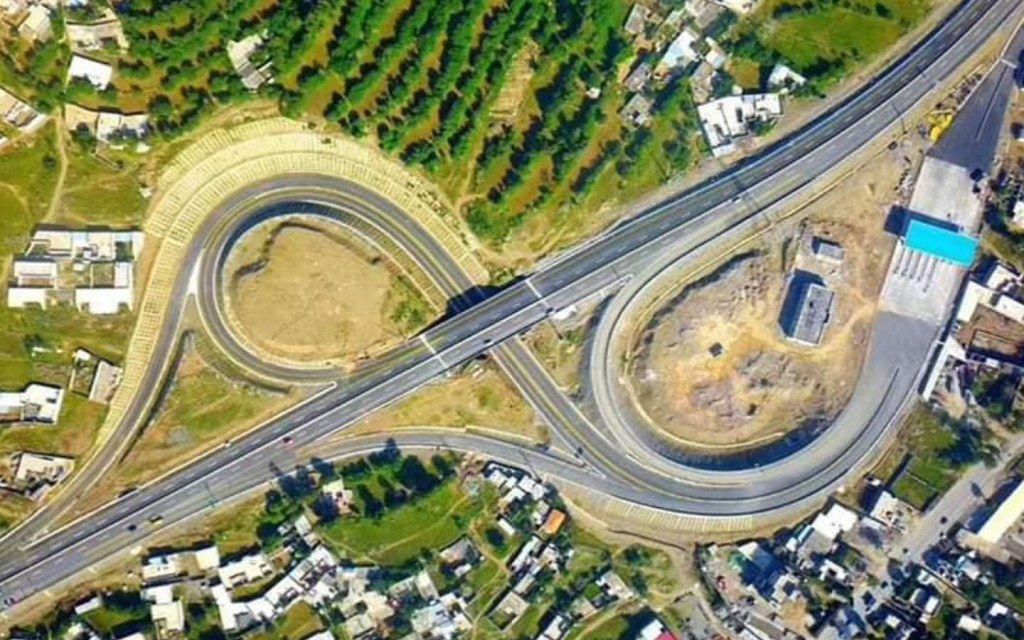
The 39.3 kilometres long Havelian-Mansehra section of the Hazara Motorway, which is a vital part of the China-Pakistan Economic Corridor (CPEC), was recently opened to traffic. After the launch of this section of the Hazara Motorway, the travel time between Islamabad and Mansehra has been dramatically reduced to just 2 hours.
On the other hand, the motorways that are completely planned and their construction is yet to begin are M-6 Sukkur-Hyderabad, M-7 Dadu-Hub and Karachi-Peshawar Motorway.



